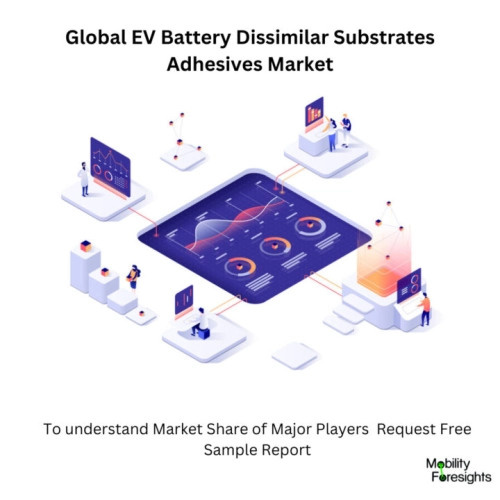
- Get in Touch with Us

Last Updated: Apr 25, 2025 | Study Period: 2024-2030
Due to their significantly higher energy density as compared to weight, lithium-ion and lithium polymer batteries are typically seen in modern electric vehicles.
Lithium, manganese, cobalt, graphite, steel, and nickel are the main chemical components needed in lithium-ion batteries.
A high-voltage battery, one or more electric motors (either alternating current [AC] or direct current [DC] motors), and a controller to regulate the power electronics make up the major parts of battery electric vehicles (BEVs), which run only on stored electricity.
Electronics in everything from medical equipment to consumer electronics to cars have been transformed by lithium batteries. Anode, cathode, and electrolyte are the three main parts of a battery.
Lithium cobalt oxide (LCO), lithium manganese oxide (LMO), lithium iron phosphate (LFP), lithium nickel cobalt aluminium oxide (NCA), and lithium nickel manganese cobalt oxide are the most widely utilised kinds (NMC). Lithium-ion batteries currently use graphite on a large scale as the anode.
Exide Industries is the leading battery manufacturer in India. Exide recently branched out into the production of lithium ion cells and wants to take part in the PLI Scheme for the National Programme on ACC battery storage.
The majority of batteries used in electric vehicles are lithium-based and comprise a combination of cobalt, manganese, nickel, graphite, and other basic materials.
Although some of these elements are more difficult to locate than others, none of them should be categorised as rare earth metals.

The Global EV battery dissimilar substrates adhesives market accounted for $XX Billion in 2023 and is anticipated to reach $XX Billion by 2030, registering a CAGR of XX% from 2024 to 2030.
Shanghai The Dow Chemical The Henkel catalogue offers thorough data sets on each of their structural adhesives, along with examples of successful industrial bonding, sealing, and assembly projects.
Additionally, simple-to-use kits for handheld, manual, and semi-automated applications are offered. These kits include cartridges, syringes, soft-squeeze bottles, and dual cartridges for two-part formulas.
Structural adhesives, created for engineering applications across a wide range of industries, offer dependable, long-lasting bonding and sealing when load-bearing and other structural requirements are necessary.
These toughened acrylics, polyurethanes, cyanoacrylates, anaerobics, phenolics, vinyl acetates, and epoxy structural adhesives offer a wide range of application for industrial and commercial design. They are intended for a variety of surfaces, materials, and applications.
| Sl no | Topic |
| 1 | Market Segmentation |
| 2 | Scope of the report |
| 3 | Abbreviations |
| 4 | Research Methodology |
| 5 | Executive Summary |
| 6 | Introduction |
| 7 | Insights from Industry stakeholders |
| 8 | Cost breakdown of Product by sub-components and average profit margin |
| 9 | Disruptive innovation in the Industry |
| 10 | Technology trends in the Industry |
| 11 | Consumer trends in the industry |
| 12 | Recent Production Milestones |
| 13 | Component Manufacturing in US, EU and China |
| 14 | COVID-19 impact on overall market |
| 15 | COVID-19 impact on Production of components |
| 16 | COVID-19 impact on Point of sale |
| 17 | Market Segmentation, Dynamics and Forecast by Geography, 2024-2030 |
| 18 | Market Segmentation, Dynamics and Forecast by Product Type, 2024-2030 |
| 19 | Market Segmentation, Dynamics and Forecast by Application, 2024-2030 |
| 20 | Market Segmentation, Dynamics and Forecast by End use, 2024-2030 |
| 21 | Product installation rate by OEM, 2023 |
| 22 | Incline/Decline in Average B-2-B selling price in past 5 years |
| 23 | Competition from substitute products |
| 24 | Gross margin and average profitability of suppliers |
| 25 | New product development in past 12 months |
| 26 | M&A in past 12 months |
| 27 | Growth strategy of leading players |
| 28 | Market share of vendors, 2023 |
| 29 | Company Profiles |
| 30 | Unmet needs and opportunity for new suppliers |
| 31 | Conclusion |
| 32 | Appendix |